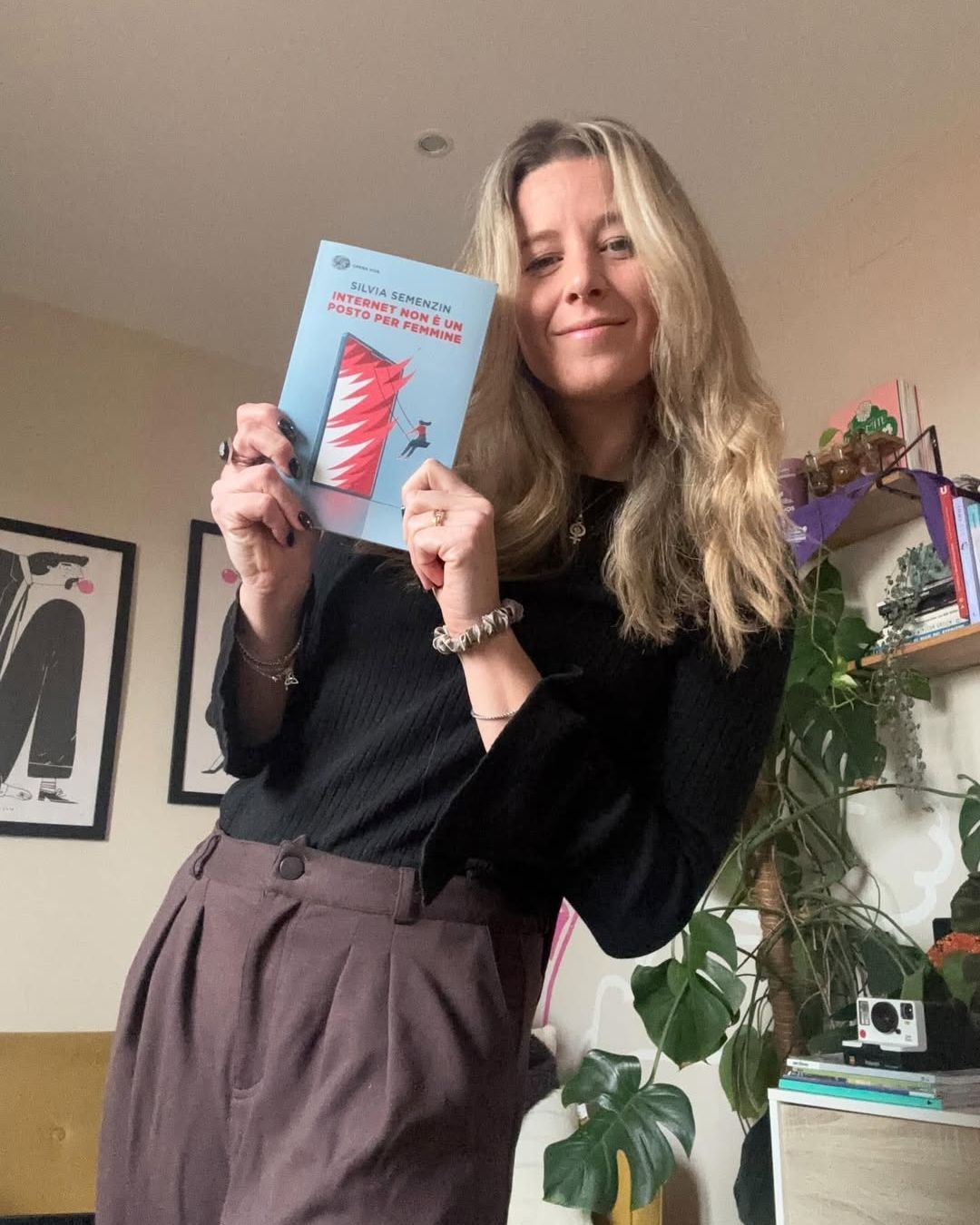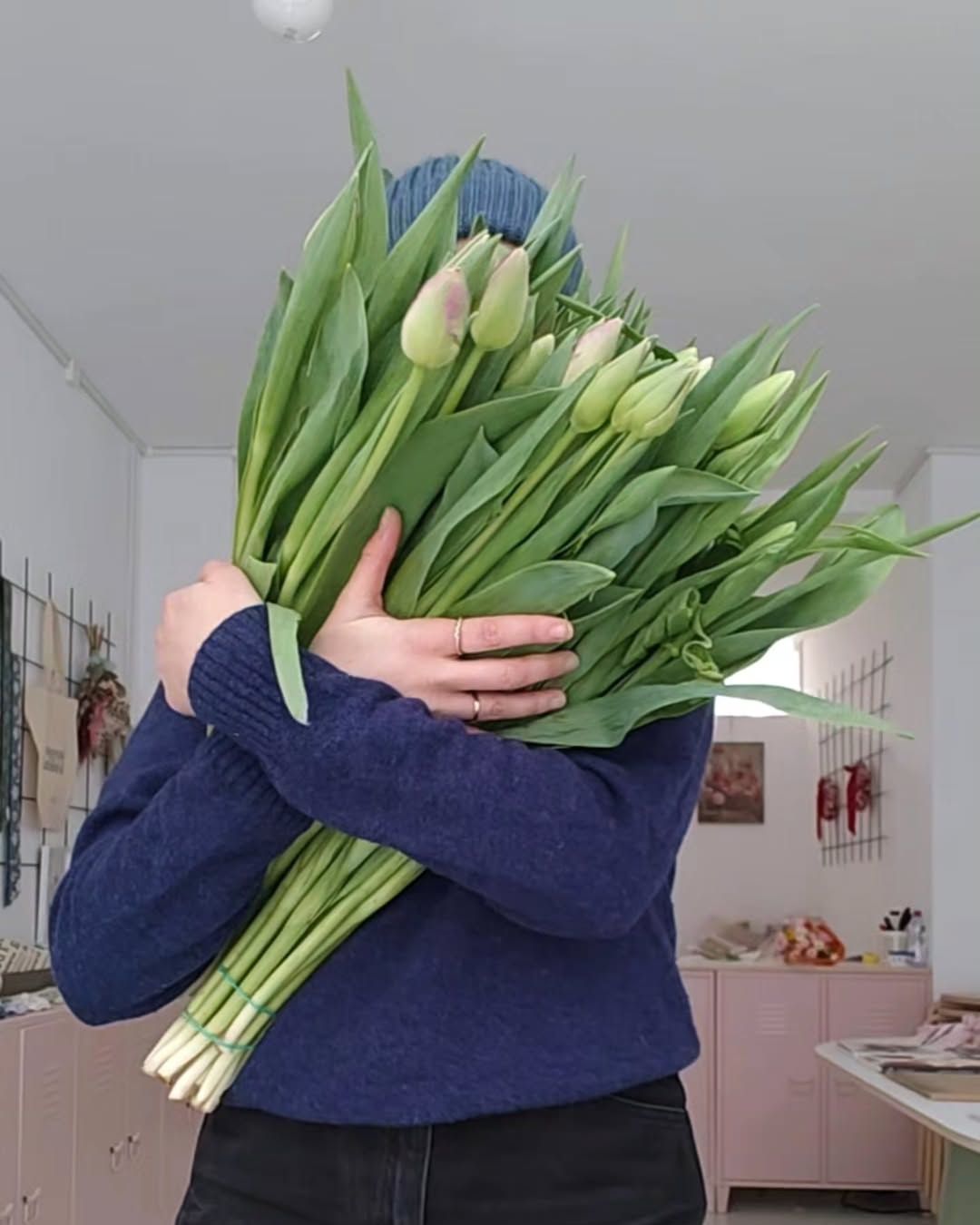
Why are we so obsessed with true crime? The damage that this type of content can do on the perception of danger
A hot cup of tea, a blanket on your lap and a detailed and terrifying (and real) story of how a human being was murdered, hacked to pieces and hidden forever by a criminal that law enforcement has yet to catch. There's nothing better for a relaxing evening… or is it?
The true-crime explosion
Recently, there has been a surge of interest in true crime content, especially podcasts. As interest in this type of content increases, the products become more differentiated. There are the rigorous podcasts that depict the cases from the investigator's point of view; there are the feminist-oriented ones that deal with murders of women; and there are the emotional podcasts that feature testimonies and reenactments. There are T-shirts, stickers, TV show and page on social networks that trace the history of the most famous serial killers or come up with conspiracy theories based on actual murders and listing possible perpetrators.
In the mind of the killer
True crime is fascinating. Perhaps it is because of the inherent morbidity of the humankind, the desire to find out who did what, or perhaps the innate fascination some people have for the perverse and unsympathetic, the violent and sick, that make them try to enter the mind of a killer, to see what's insiede. Whether it sounds interesting and enticing to you or not, what is certain is that true crime has become an entertainment genre in its own right, a huge phenomenon that is inexorably growing and growing. Even in Italy.
@imworse back on the true crime hate train
original sound - fern
True crime for women
This kind of content appeals mostly to girls, especially when it comes to violent assaults or murders of women. There are many reasons for this. In such cases, a kind of identification and the creation of a community around the victims, girls like us, can come into play. Women might then paradoxically feel safer analysing these dangerous situations with the help of an external and rational voice, that of the podcast host, under the illusion that they could recognise one in the unfortunate event. A question of control and knowledge.
A question of ethics
The other side of the coin is easy to see. First and foremost, there are those who question whether it is ethical to make real cases with real victims and real families look like TV shows or novels told with stage effects, gross details and commercial breaks. Family members of some victims have also commented. Some are grateful that their loved one's story is being shared and that listeners and viewers can identify with it, others just want peace and respect. Of course, this also depends on the way the story is told, which also varies greatly from content to content. For example, Ryan Murphy's series about Jeffrey Dahmer with Evan Peters was rejected and Stefano Nazzi's Indagini format was promoted by the public.
And perception
When it comes to the specifics of female audiences, more grey areas emerge. The line between recognising a dangerous situation and imagining it is indeed very fluid, and the human mind is impressionable. Some girls register how the continuous and consistent consumption of content that belongs to the realm of true crime can increase the sense of perceived danger in them and make them more fearful and suspicious.
@robandhaley The last one needed to be said twice. Remmeber, these are real people. Be conscious of what you’re listening to/watching. #truecrimetiktok 10 Things I Hate About You - Leah Kate
Do true crimes make us impressionable?
In such cases it is difficult to distinguish: do we feel unsafe because we have just listened to an hour-and-a-half episode about a murder that took place in a park that looks a lot like the one under our house? Or because we are actually in an unsafe situation? In an even more subtle way, other factors come into play, especially when it comes to urban suburbs. Are the people we see under a tree or on a bench really dangerous? Or are we driven to believe so because they would fit perfectly into the attacker's sketch, even if on an unconsciously racist basis?
A possible solution
A good solution, as always, would be to choose quality products that move away from the emotional approach and have more journalistic and informative intentions. Furthermore, if we realise that these products are disturbing our peace of mind, it might be wise to dose our consumption with caution, take long breaks or focus our attention on fictional rather than real novels or stories. The secret, and this is nothing new, is to raise our awareness as consumers and decide what we want to avoid for ourselves and for everyone else.

























































